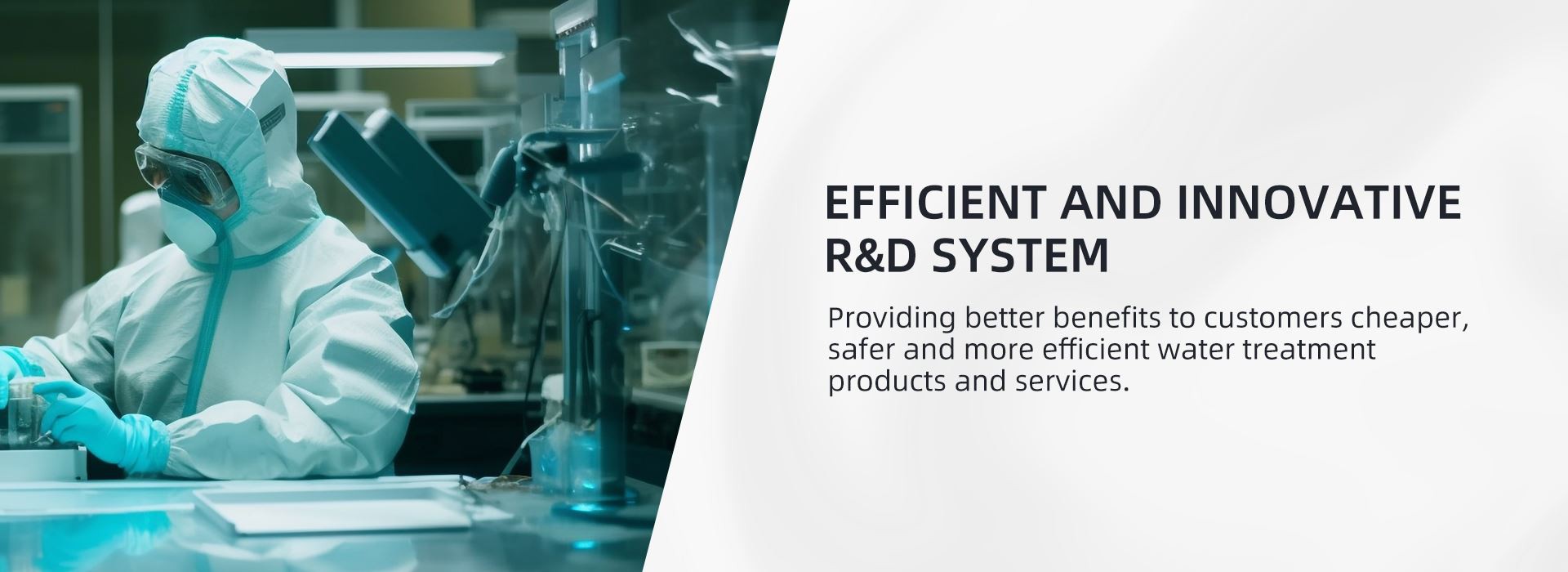Water hardness is a common term used to define the level of minerals present in water. These minerals are mostly made up of calcium and magnesium, which are essential for healthy bones and teeth. However, when present in excess, they can cause a buildup of limescale in your pipes, appliances, and water fixtures.
It is essential to test the hardness of the water you use regularly to determine the need for treatment. There are multiple ways to measure water hardness, which I will discuss in this blog post.
1. Soap test
The most straightforward method of measuring water hardness is by testing how well soap lathers in your water. Hard water tends to form soap scum that reduces lather formation, making it challenging to wash soap away from your skin and clothes. To test water hardness, you will need some soap, tap water, and a glass jar. Fill the jar ⅓ full with water, add a few drops of soap, and shake it vigorously. If the water is hard, the soap will not lather.
2. Titration test
A titration test measures the number of calcium and magnesium ions present in water. This test requires specific chemicals and equipment, making it more complicated than the soap test. A special indicator solution is added to a water sample, which changes color as calcium and magnesium ions react with the reagent. From the quantity of chemicals used, the amount of minerals present in the water can be calculated.
3. Electronic meter test
Electronic water hardness testers are easy-to-use tools that measure the electrical conductivity of water. They are compact, portable, and quick at providing results. The electronic meters are equipped with probes that are immersed into the water sample, and the electrical conductivity is measured. The amount of conductivity correlates to the mineral content in the water. The higher the conductivity, the harder the water is.
4. Laboratory test
If you require accurate and detailed information about your water hardness, you can send a sample to water testing laboratories. They have specialized equipment and trained professionals that conduct tests to determine the mineral composition and hardness of your water. This method is more expensive and time-consuming than the other methods but provides a much more detailed analysis of your water.
In conclusion, it is crucial to evaluate the hardness of your water to determine the need for treatment, as excess minerals in your water can cause a variety of problems. The measurement techniques discussed in this post provide a range of testing methods catering to various budgets and requirements. Understanding the mineral content of your water will allow you to make informed decisions regarding the treatment and maintenance of your water appliances and fixtures.


